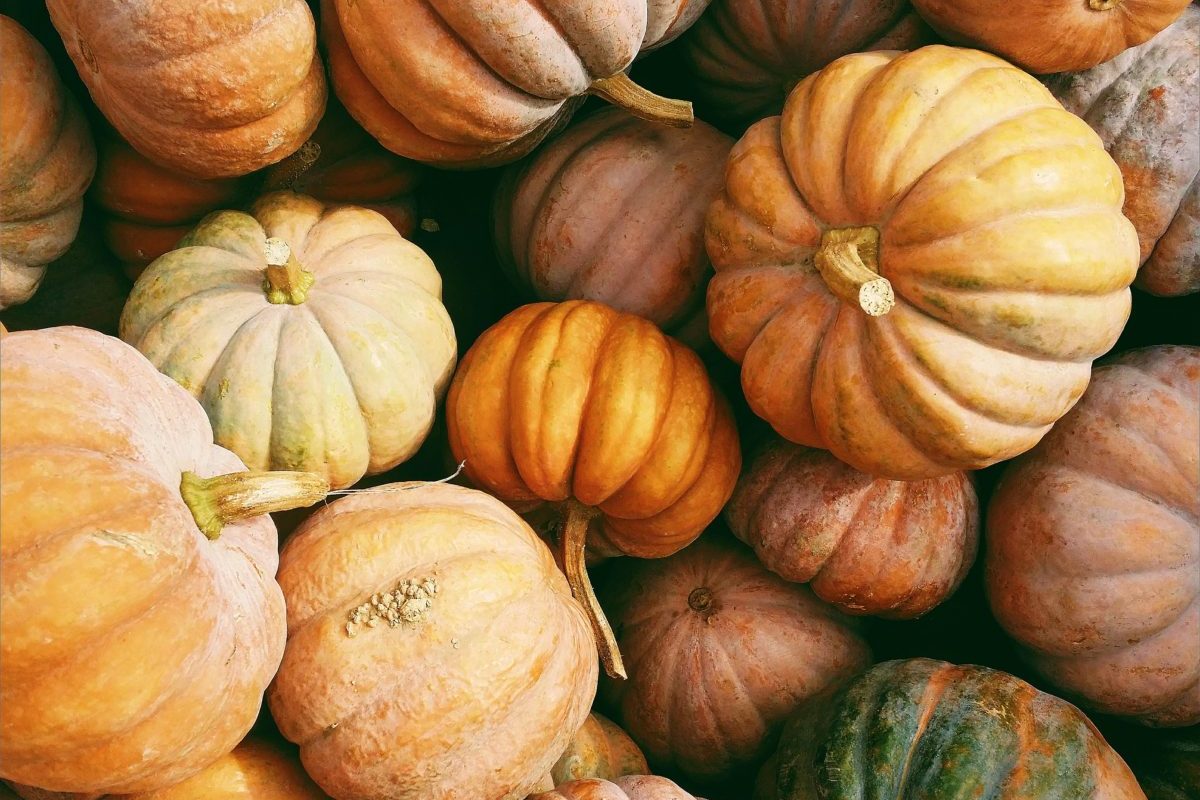Make Pumpkin Seeds Part of Fall Tradition

Photo by Kerstin Wrba on Unsplash
Written By Claudia Guy ND
Now that the Fall season has settled in, pumpkin is everywhere—different colors and species for décor, Halloween and holiday recipes. You may know the health benefits of pumpkin, but did you know the seeds are good for you as well? The waste products from these gourds, pumpkin seeds, are also known as pepitas, after the species name Curcubita pepo. When you open your pumpkin you will see the seeds are held inside a white or yellow casing known as the hull. The seed itself is green and flat. Pumpkin seeds are a nutrient dense, low calorie, and can be used as part of a healthy diet or as medicine.
So, why do I call these seeds a nutrient dense food? Nutrient dense refers to any food that is chock full of macronutrients, micronutrients and phytonutrients. The primary macronutrients are protein and essential fatty acid omega-6 from the seed, and fiber from the hull. A handful (1/4 cup) of pepitas provide 190mg magnesium, 390 mg phosphorus, and lesser amounts of manganese, iron, zinc copper vitamin E and tryptophan.
The phytosterols (beta-sitosterol) in pumpkin seeds are helpful in male health, particularly the prostate. Men with the highest levels of magnesium in their blood have a 40 percent lower risk of early death than those with the lowest levels. And on average, men consume 353 mg of the mineral daily, well under the recommended 420 mg minimum. Thus, a handful of pepitas a day can help you achieve your daily requirements of magnesium. Pumpkin seeds are not just for men. Women can benefit as well. The magnesium and phosphorus are important for building bones. Magnesium is important for diabetes, cardiovascular health and for almost 300 functions in the human body.
Pumpkin seeds are also a natural anti-parasitic. Under medical supervision, it can be combined with other therapies for tapeworms. Also, eating a handful of pumpkin seeds can help reduce kidney stone formation. The L-tryptophan in pumpkin seeds can help with falling asleep and mild depression.
The pumpkins we consume are not bred to have large seeds, but this doesn’t mean we can’t eat the seeds. I recommend eating the seeds with the hull.
How to Prepare Them:
- Clean, wash and dry your pepitas thoroughly (on kitchen towel). Larger pumpkins have larger seeds.
- Toss dried seeds with coconut oil, pinch of salt and fresh/dried herbs.
- Place the seeds in a single layer on a cookie sheet. Lightly roast them in a 160-170°F (about 75°C) oven for 15-20 minutes to preserve the essential fatty acid. Roasting at 200°F for 15-20 minutes will bring out the nutty flavor, but may oxidize the omega-6 oils.